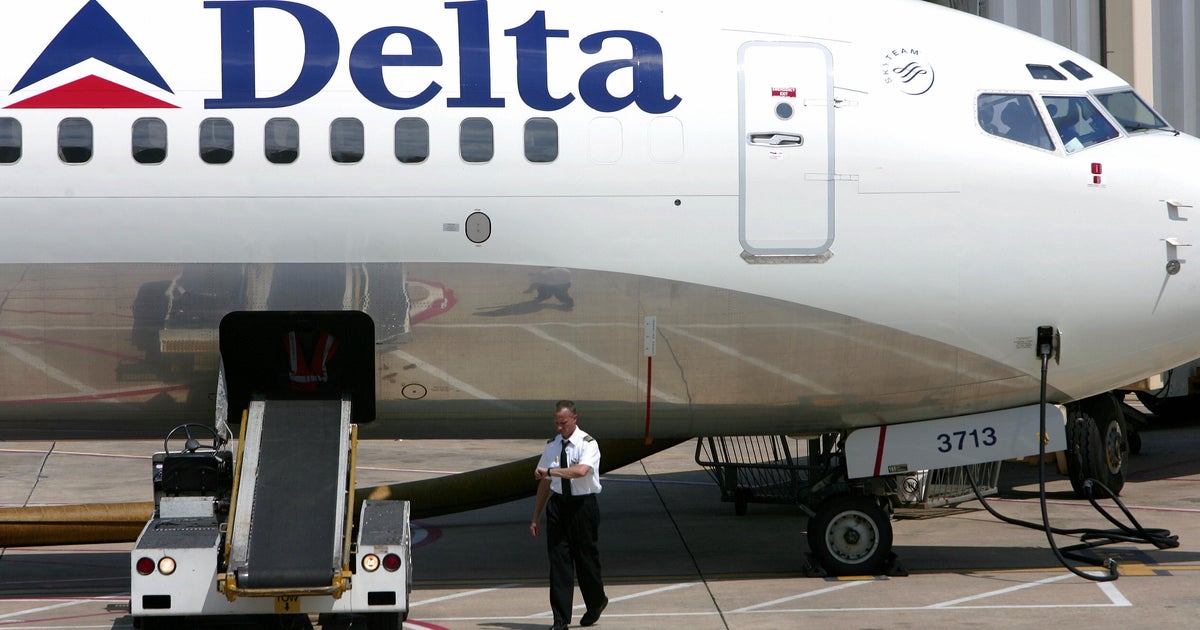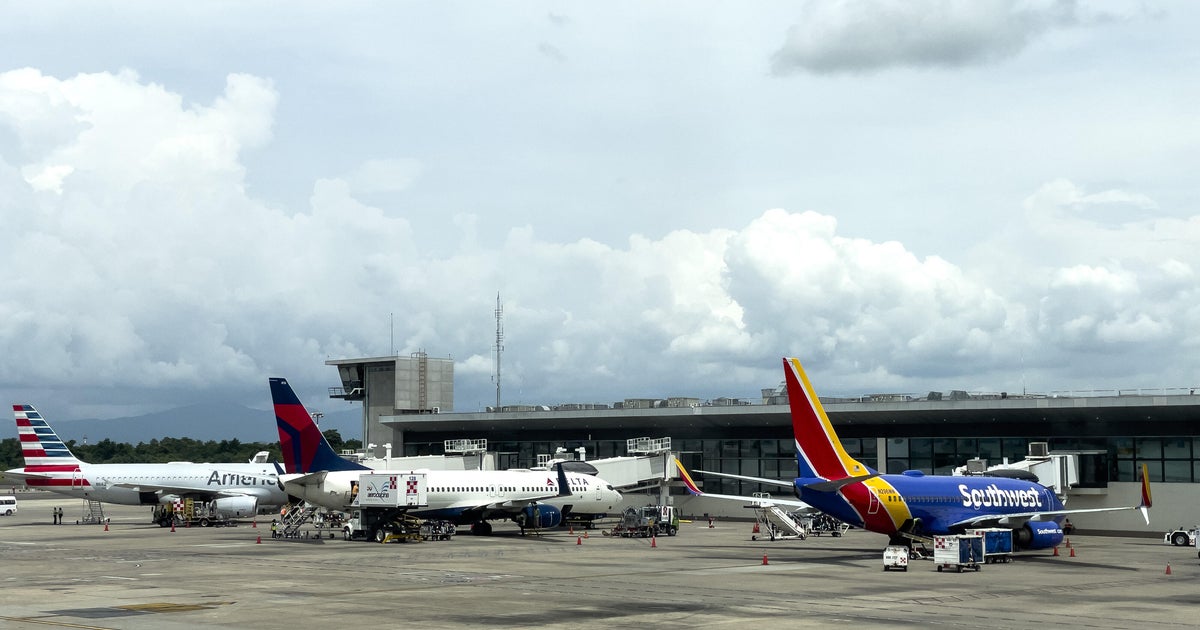1 in 4 Americans today breathes unhealthy air because of climate change. And it's getting worse.
Much of the U.S. Northeast was smothered last summer by dense smoke from Canadian wildfires, leading to New York City's worst air quality since the 1960s. Such episodes, once mostly isolated incidents, are increasingly common due to the impact of climate change, new research shows.
About 83 million Americans, or 1 in 4, are already exposed each year to air quality that is categorized as "unhealthy" by the Air Quality Index (AQI), a number that could grow to 125 million people within decades, according to First Street Foundation, which analyzes climate risks. The unhealthy AQI level, color-coded red, means that outdoor activities can result in lung impairment for some people, including respiratory ailments like chest pain and coughs.
The nation's worsening air quality comes after decades of improvements thanks to regulations such as the 1970 Clean Air Act, which tightened federal rules on pollutants emitted by factories and automobiles. But the recent rise in poor air quality could be harder to battle because it's linked to global warming, with higher temperatures and drought causing more smoke-spewing wildfires, First Street said.
"Additional heart attacks"
At the same time, the rise in poor air quality threatens to reverse the health benefits that followed stricter pollution regulations starting in the 1960s and to hurt the U.S. economy, said Jeremy Porter, head of climate implications research at First Street.
"We're essentially adding back additional premature deaths, adding back additional heart attacks," Porter told CBS MoneyWatch. "We're losing productivity in the economic markets by additionally losing outdoor job work days."
Already, there's some evidence that people are leaving parts of the country with lower air quality, contributing to what is effectively a redrawing of the nation's map by wildfire, flood and other effects of climate change.
"We've seen very early statistical signals in our own analysis that people are moving away from the smoke that comes from wildfire," Porter said. "The downstream effect of people moving away is that property values start to suffer because the area becomes less desirable. And then as the area becomes less desirable, tax revenues are directly impacted because the property values are decreasing."
Residents of California, Oregon and Washington state are seeing the greatest decline in air quality, partially due to wildfires in those regions. In California, air quality today is often in the "purple" and "maroon" levels — considered very healthy to hazardous — something that was unheard of about 15 years ago, First Street's analysis found. At the same time, the number of "green" days, considered healthy, have decreased by a third since 2010.
Yet the impact isn't only being felt on the West Coast, First Street found.
"It's become something that is impacting people's daily lives east of the Mississippi River," Porter noted. In 2022, fires in the Florida panhandle were "so bad that people were asked to evacuate from their neighborhoods, which is kind of unheard of."
The number of unhealthy AQI days is likely to grow in the coming decades due to climate change, First Street projected. Worst hit could be the Western states, but Eastern states aren't immune. Pockets of the Southwest, especially on the Florida-Georgia border, are already seeing an increase in the number of days with unhealthy AQI numbers.
Particulate matter and ozone
Poor air quality is linked to increases in particulate matter and ozone, which are rising due to changes in the environment including extreme heat, drought and wildfires. Particulate matter that's less than 2.5 microns in diameter, also called PM2.5, is particularly concerning because these tiny flecks of pollution can get deep into your lungs, causing a range of health problems.
PM2.5 particulates are increasing because of wildfires, while 2022 research found that ground-level ozone is also being exacerbated by the increasingly devastating blazes. Ozone levels can inflame your airways and raise the risks of an asthma attack, among other health problems, according to the Environmental Protection Agency.
Although reversing the amount air pollution linked to climate change is difficult, at least knowing the risks and how to mitigate them can help, Porter said. First Street has a site called RiskFactor.com where you can enter your address and see your risks for flooding, fire, wind and heat.
Individuals may also need to take steps to protect their health in the face of more poor air quality days, he added.
"Being able to keep smoke out of your house is really important," Porter said. "Things like making sure your windows are sealed, and something as simple as changing the filter on your HVAC can make a big, big impact on how clean the air is inside your house."



